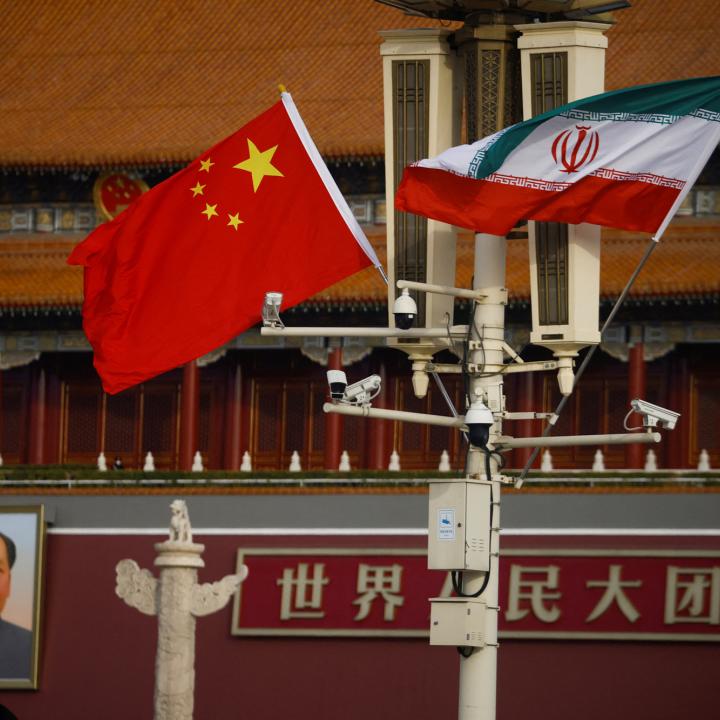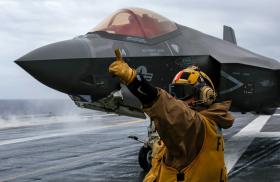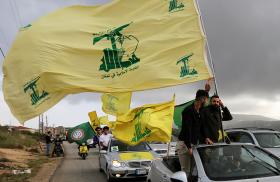
- Policy Analysis
- Articles & Op-Eds
Seven Sons and Mullahs: Chinese-Iranian Defense-Linked Academic Collaboration
Also published in Institute for National Security Studies

Recent academic output from both countries reveals joint research efforts in numerous military-related fields and some convergence between their defense innovation ecosystems, posing potential risks to the United States and its partners.
China’s relations with Iran were recently tested during the twelve-day Israel-Iran war and the US strike on Iran’s nuclear sites. While China’s diplomatic statements supported Iran verbally, they did little else. Chinese media reports covered the Iranian minister of defense’s visit to Beijing in June and mentioned the possible supply of air defense systems and fighter jets to Tehran, although China denied the former. As Beijing is typically cautious in its security, defense, and military cooperation with Iran, most public attention in the West and the Middle East tends to focus on Chinese-Iranian relations in energy, trade, economy, infrastructure, and diplomacy. Publications addressing their security relations usually emphasize surveillance systems supplied to Iran, joint military and naval exercises, and the ongoing transfer of technological components and materials to Iran’s defense industry. In the aftermath of the war, one may also expect to see sharing of techno-operational learning between China and Iran, possibly involving their other network partners, Russia and North Korea. This study examines a lesser-known aspect of their security-technological cooperation: joint and expanding academic-technological research linked to their defense establishments, in fields such as nuclear energy, aerospace, missiles, UAVs, underwater vehicles, and cyber...



